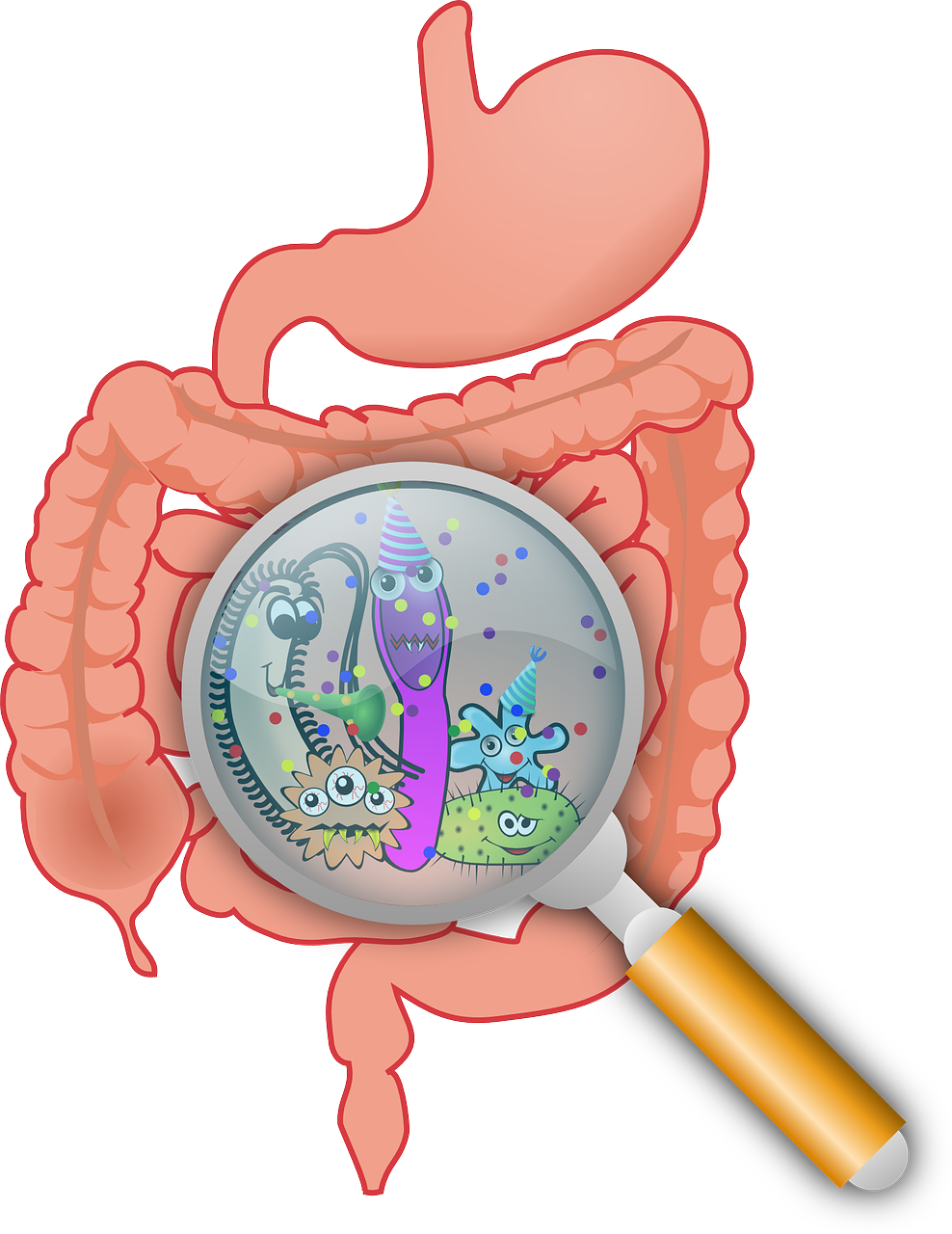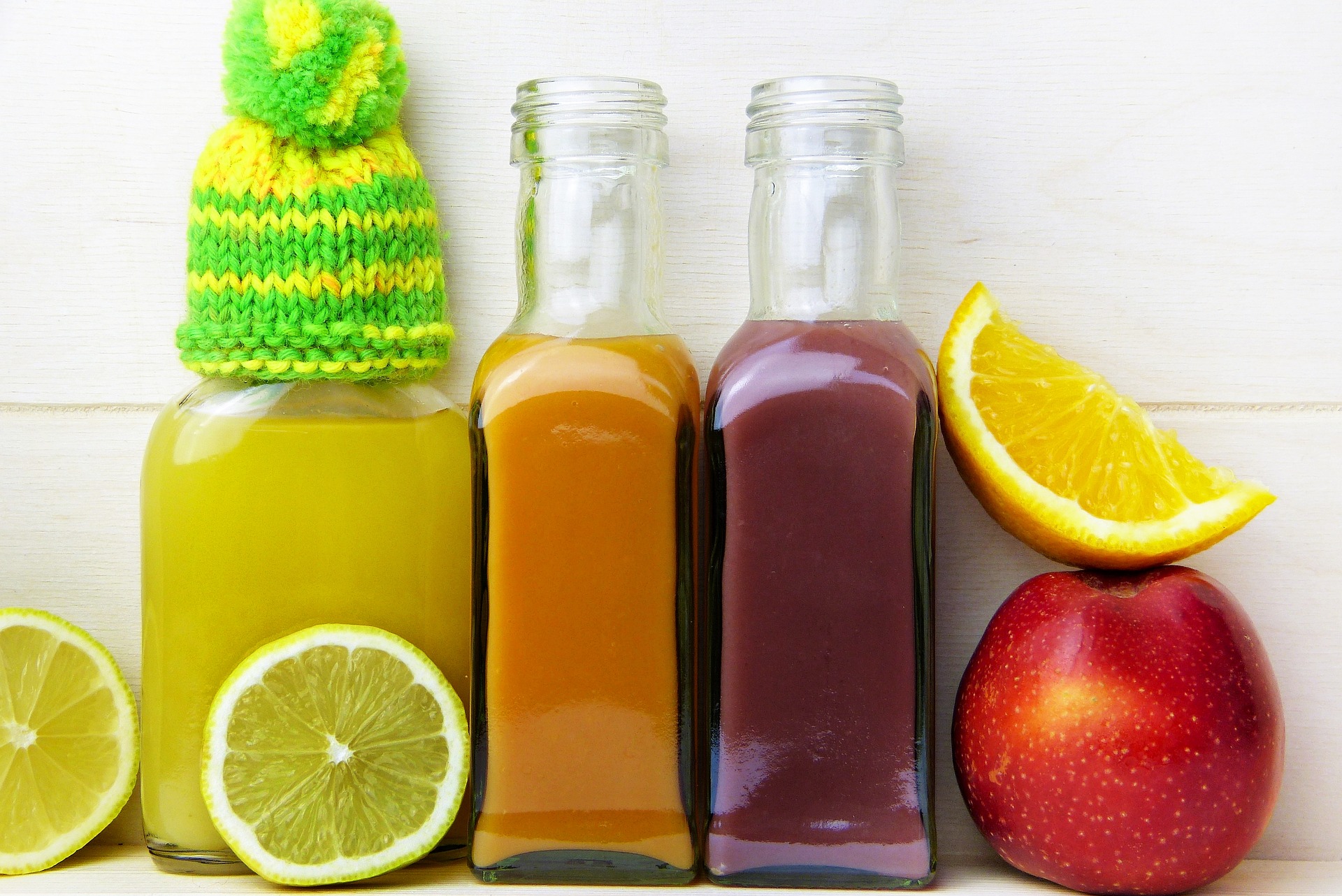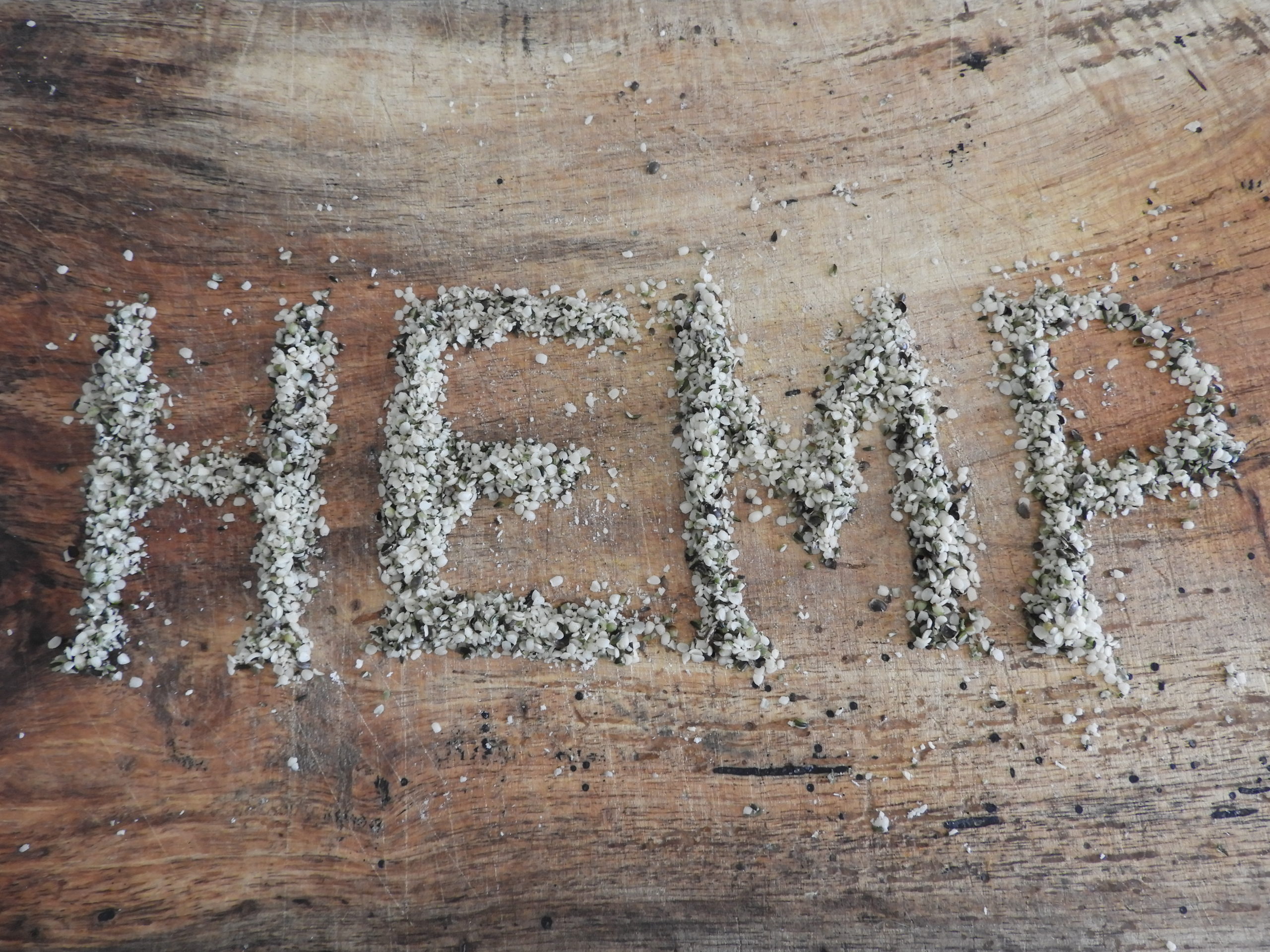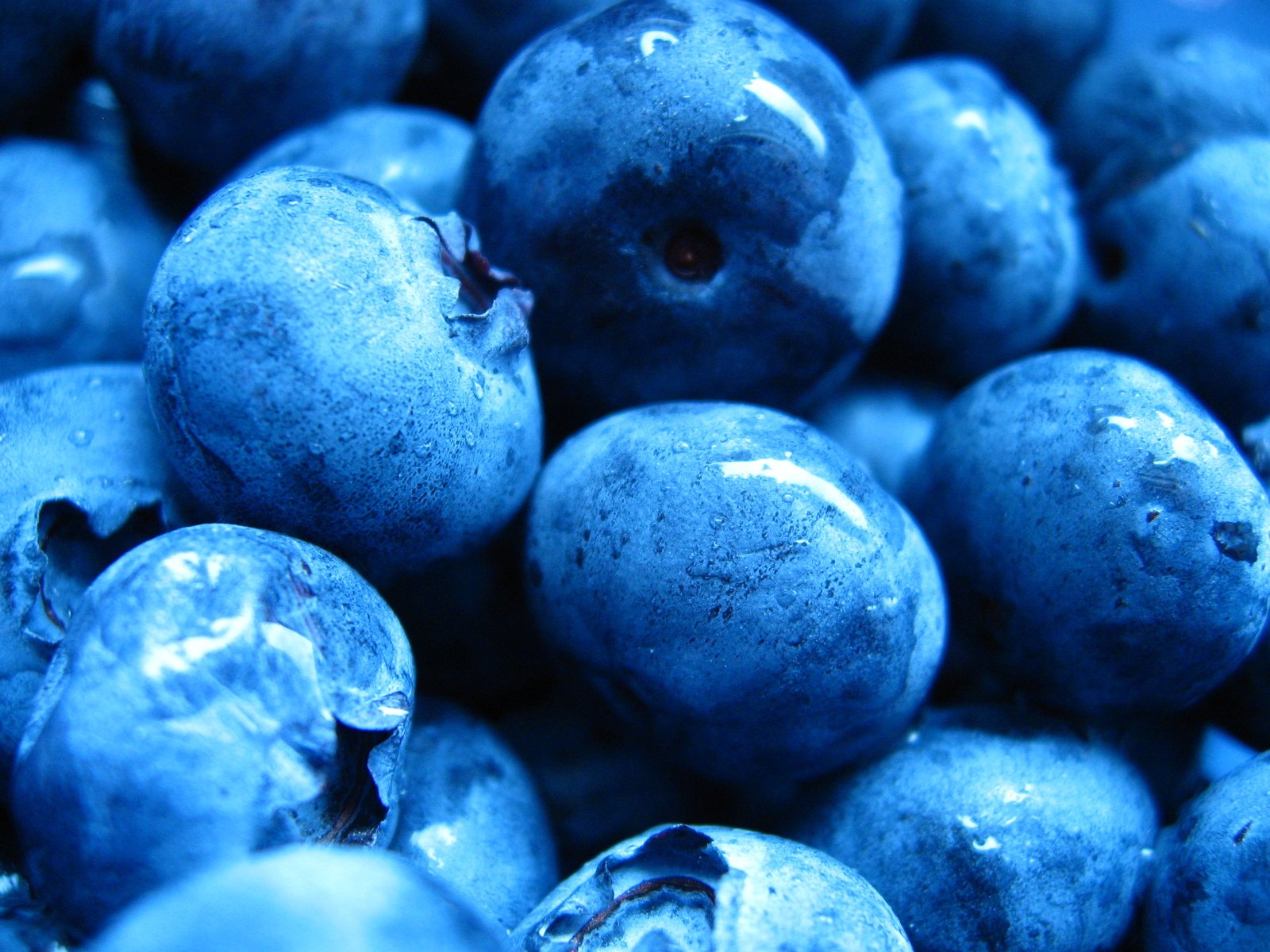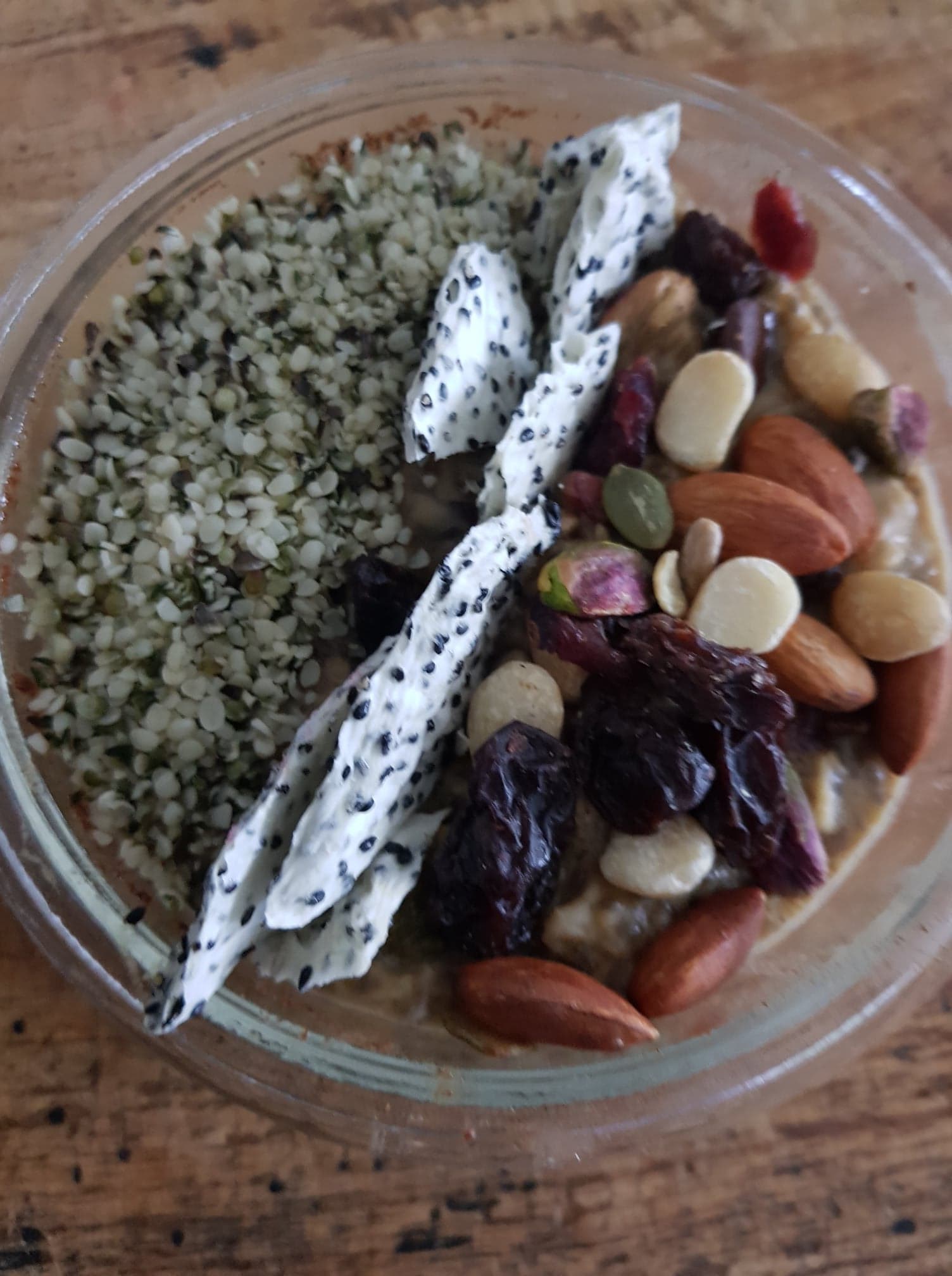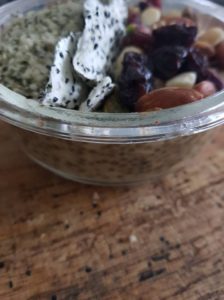Intestinal parasites are far more common than most would think or hope. They may not be easily identified and seen with the naked eye, however, these shifty, not so friendly residence of the body can be wreaking havoc. Parasites can be anything from teeny tiny little organisms, right up to large worms that span much of intestines…and that’s LONG!
These nasty fellows can cause wide spread inflammation in the muscles, skin, gut, and brain. Some of the outward symptoms that may be seen can include:
- IBS
- Gastritis
- Joint pain
- Allergies, sensitivities and intolerances to various food items
- Seasonal allergies
- IBD etc…
In addition to the above malady’s parasites are nice enough to feed on our blood and take nutrients from us. This can lead to nutrient insufficiencies such as iron and protein malabsorption and deficiency.
Some are even clever enough to be able to access the blood stream and enter our vital tissues, feeding off of them like vultures and sometimes leaving behind ulcers and scaring. Tissues that can be impacted include
- Liver
- Stomach
- Muscles
- Lungs
So how do we get lucky enough to contract parasites?
- Contaminated water and food
- Touching feces
- Insects e.g. mosquitos
- Bodily fluids such as in sexual intercourse and kissing
- Nasal passages
- Having a low immune system
- Poor hygiene
Some major symptoms of infection with parasites, such as commonly know Giardia and Cryptosporidium include:
- Diarrhea
- Fatigue
- Joint pain
- Dehydration
- Nausea
- Abdominal discomfort
These are often immediate symptoms but can also last long after the initial infection.
Before deciding on a treatment, it is extremely important that you refer to your healthcare practitioner for testing to be conducted to determine exactly which parasite you need to address, if any.
But, despite all of this horrific information, fear not. Not all hope is lost if you do happen to be stuck by a troublesome little parasite. Food and herbal treatments have shown efficacy in eliminating or reducing the toxic and life altering effects that parasites can inflict.
Pumpkin Seeds or Pepitas
They are not only a delicious addition to your salads and snacking routine, adding both flavour and texture, but are praised for their anti-parasitic activity. They are paralytic to parasites, particularly helminths such as worms.
Speak to a natural health practitioner on what some of the preparation techniques are for using pumpkin seeds as parasite evacuators!
Oregano Oil
The oil from this delightful culinary herb is highly antimicrobial and can be effective in knocking parasites out of the park (or intestines). It is important to use the oil of oregano under the guidance of a trained health professional for dosing safety, quality and efficacy.
Garlic breath anyone?
I don’t know about you, but I would take garlic breath over the pain of intestinal parasites any day of the week.
The sulfur rich amino acids and allicin that are found in garlic dominate parasitic infection. These compounds are released only through the fine dicing or mincing of the fresh garlic bulbs. They should be left to sit for approximately 5 minutes before consumption.
Oil of Clove
In short, simple and effective explanation, clove oil is effective at eradicating parasitic eggs. As with the previous remedies supervision and guidance from a qualified health professional is recommended for safety and effective dosing.
Papaya and Pineapple Fruit
These pretty, sweet tropical fruits boast amino acids and the digestive enzymes known as papain (papaya) and bromelain (pineapple). These actives create an unfavorable living space for intestinal parasites. Papaya seeds have demonstrated significant benefits in the eradication of intestinal parasites, although caution and professional support should be obtained before commencing with these natural treatments.
Reducing parasites through diet
Enzymes and acids play an active role in reducing susceptibility and eliminating parasitic infections. The idea is to develop an environment that makes it difficult for the parasite to thrive and survive. Enzymes and organic acids make up a portion of all fruits and vegetables including:
– kiwi fruit, papaya, pineapple, avocado, citrus, berries
– sauerkraut, kimchi, green leafy vegetables, broccoli etc.
A good intestinal flora is also a vital preventative and treatment to the nasty parasitic bugs that can enter our system uninvited. Fermented food products such as apple cider vinegar, unsweetened kefir, sauerkraut and kombucha along with a good quality probiotic support a healthy gut colony.
Sugar and its parasitic loving powers
Sugar and low GI (low fibre) carbohydrates set up the perfect environment for a healthy parasite to thrive and continue to wreak widespread havoc on the body. Sugar and carbohydrates feed and give energy to parasites and allow them to grow and become active throughout the body. Eliminating sugary, high carb foods and alcohol (of course) can reduce susceptibility to parasites and diminish the ability for active parasites to survive.
If you know you have a parasitic infection or suspect you may have based on your symptoms, it is important that you contact a health professional to begin eradication and the healing of the gastrointestinal system as soon as possible. Long term parasitic infections that are allows to remain dormant or active in the intestines can lead to longer term complications that can impact the entire body including digestive complaints, joint pain and nervous system complications.

